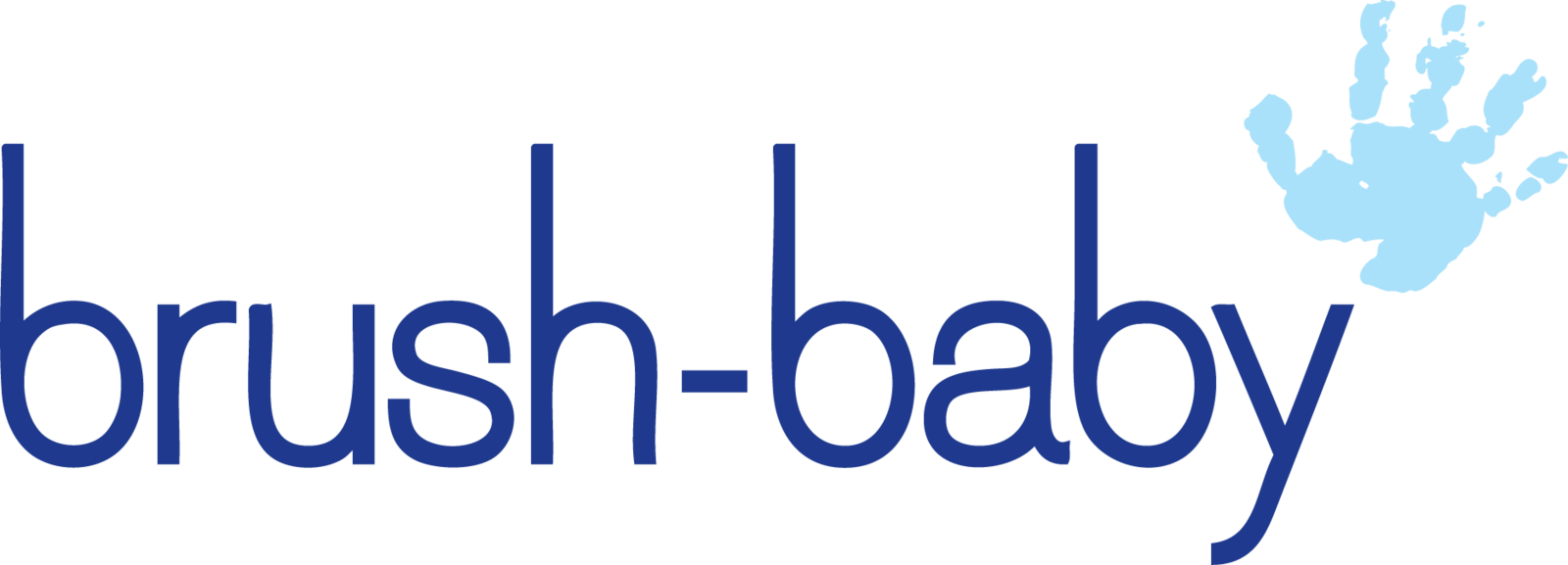The Ultimate Guide to Understanding When Do Babies Start Teething
Q. When do Babies Start Teething?
A. It usually happens around six months of age, however every child is unique.
As a parent, you may be constantly on the lookout for when your baby starts experiencing teething symptoms. After all, it's an essential milestone that marks the beginning of your child's growth and development.
But when does teething start? Don't worry; we've got you covered! In this ultimate guide, we'll provide everything you need to know about when babies start teething, what to expect during this time, and how to soothe a teething baby…
1. Understanding the Teething Process
Before we dive into when babies start teething, let's first understand what it means. Teething is when your baby's teeth first begin to emerge from their gums, and it usually happens around six months of age.
However, every child is unique, and some may experience teeth sooner or later than others. Typically, the two lower front teeth are the first to appear followed by the two upper front teeth and lateral incisors.
2. Signs Your Baby Is Teething
So, how can you tell if your baby is beginning to start teething? One of the most noticeable signs that your baby is teething is when you see and feel a hard bump on their gums. Some other early signs to watch for include drooling, chewing on objects, fussiness, loss of appetite, difficulty sleeping and even a low-grade fever.
Remember that these symptoms can also be related to other issues, such as a cold or ear infection, so it’s always a good idea to check in with your paediatrician. Keep in mind that teething can be a challenging time for your little one, and they may experience pain and discomfort. Therefore, it's essential to keep them comfortable by offering age-appropriate pain relief methods such as baby teethers, baby teething wipes or cool, refrigerated washcloths.
3. How to help a teething baby
As mentioned earlier, teething can be an uncomfortable time for your baby, especially when multiple teeth are beginning to come through at once.
Therefore, it's essential to offer them relief during this period. Here are some of the best teething remedies for babies:
- Use teething toys: baby teether toys are designed to ease your baby's discomfort and provide relief from the pain and pressure caused by teething.
- Refrigerated items: Refrigerated washcloths or teething baby toys can help soothe your baby's gums and provide relief.
- Soft foods: If your baby is already on solid foods, offer them cold, soft foods such as yoghurts, fruit purees, or mashed bananas to help soothe their gums.
- Gentle massage: Using clean fingers, gently massage your baby's gums to alleviate their pain and discomfort. You can also massage their gums using a brush-baby teething wipe which contains a natural anti-inflammatory which will also soothe their painful teething symptoms.
4. Which baby tooth comes in first?
While there's no definite answer on which milk tooth comes in first, most babies develop the two bottom front teeth (bottom incisors) first. These are followed by the two top front teeth top incisors) and then the lateral incisors (the teeth right next to the front teeth).
You can expect their molars to appear at around 12 - 16 months old. By the time your baby turns 3, they should have a full set of baby teeth.
5. Caring for baby gums and new teeth
Start with a clean mouth - before the first tooth even erupts, you can still keep your baby's mouth clean. Using a baby dental wipe, clean around your baby's gums gently. By using a baby gum wipe, you can remove any bacteria that may harm your baby's developing teeth and gums.
Care for the first milk teeth - The first baby teeth usually appear around six months. Once the first tooth has emerged, it’s time to start brushing them with a soft bristles toothbrush and yummy teething baby toothpaste. When brushing, make sure to clean the tongue and gums as well. This practice not only keeps the teeth clean but also promotes good oral hygiene habits and stimulates healthy gum development.
6. When to Consult a Paediatric Dentist
While the teething process is natural, it's essential to schedule regular visits with your paediatric dentist. Your dentist will monitor your baby's oral health and ensure they are developing as expected. Additionally, they will advise you on the best age-appropriate oral care practices to ensure your baby's teeth and gums stay healthy.
It’s important to remember that even though teething can be an uncomfortable process for your baby, it’s a necessary step in their development. By staying attuned to your child’s needs, practising good oral hygiene habits, and providing them with safe ways to soothe their sore gums, you can help make this journey a little easier for both you and your little one!
You may even want to try and set some time aside to brush with your child together. Children model their behaviours after their parents, so it’s essential to set a good example. Lead by example, and take good care of your own oral hygiene. Let them see you brush your teeth twice a day and floss regularly. They will soon learn that oral hygiene is an essential part of daily life!
In conclusion, knowing when teething starts and what to expect during this period is crucial for all parents. Keep in mind that every child is unique, and their milk teeth may emerge at different times, and some may experience more pain and discomfort than others. However, with the tips shared in this guide, you should be able to soothe your baby's discomfort and ensure they maintain good oral health.
Making sure that you;
- fully understand the teething process,
- have some good teething remedies to hand,
- are caring for your baby's gums before the new milk teeth have even set in,
you can be assured that you’re making the right steps to establishing a great dental routine for your little one!
Remember, if you're unsure about any aspect of your baby's oral health, always consult your paediatric dentist!







